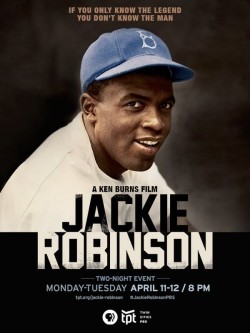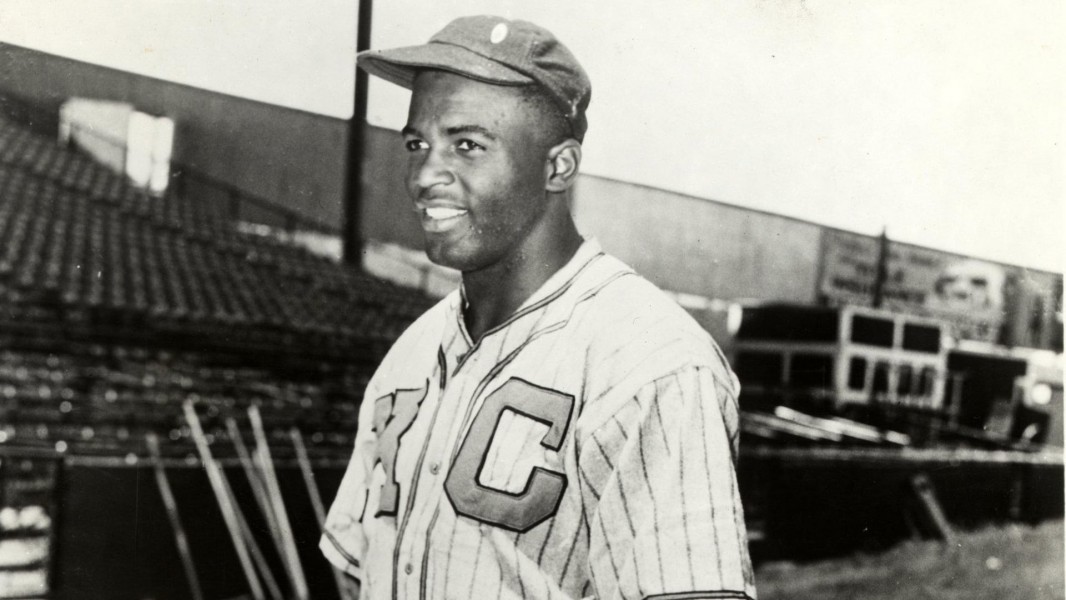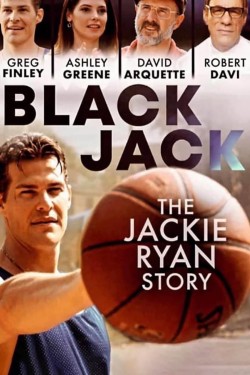Watch Jackie Robinson full HD Free
Cast of Jackie Robinson
Jackie Robinson full movie
Jackie Robinson streaming free
Jackie Robinson download
Jackie Robinson online free
Where to watch Jackie Robinson

- Home
- Genre
-
Country
- Argentina
- Australia
- Austria
- Belgium
- Brazil
- Canada
- China
- Czech Republic
- Denmark
- Finland
- France
- Germany
- Hong Kong
- Hungary
- India
- Ireland
- Israel
- Italy
- Japan
- Luxembourg
- Mexico
- Netherlands
- New Zealand
- Norway
- Poland
- Romania
- Russia
- South Africa
- South Korea
- Spain
- Sweden
- Switzerland
- Taiwan
- Thailand
- United Kingdom
- United States of America
- Movies
- TV Series
- Top IMDb
Share
Share with link
Via social

Jackie Robinson
After coming from a poor family, Jack Roosevelt Robinson broke the color barrier in baseball and went on to become one of the most admired persons in American history. Robinson utilized his tremendous reputation to speak out against the discrimination he saw on and off the field, which angered fans, the press, and even teammates who had formerly celebrated him for "turning the other cheek." Robinson was a fervent integrationist. After his career in baseball, he became a widely-read newspaper columnist, a divisive political activist, and a tireless advocate for civil rights. Later in his life, he struggled to remain relevant as diabetes crippled his body and a new generation of leaders set a more militant course for the civil rights movement. However, he was ultimately successful in doing so.
Read full
After coming from a poor family, Jack Roosevelt Robinson broke the color barrier in baseball and went on to become one of the most admired persons in American history. Robinson utilized his tremendous reputation to speak out against the discrimination he saw on and off the field, which angered fans, the press, and even teammates who had formerly celebrated him for "turning the other cheek." Robinson was a fervent integrationist. After his career in baseball, he became a widely-read newspaper columnist, a divisive political activist, and a tireless advocate for civil rights. Later in his life, he struggled to remain relevant as diabetes crippled his body and a new generation of leaders set a more militant course for the civil rights movement. However, he was ultimately successful in doing so.
Genres:
Production:
Country:
Duration:
120 m
Related
Kidnapped by a Killer: The Heather Robinson Story
2025
90min
5.9
Mrs Robinson
2024
94min
7.3
Any Other Way: The Jackie Shane Story
2024
98min
8
Keith Robinson: Different Strokes
2024
53min
6.4
The Girl Who Escaped: The Kara Robinson Story
2023
88min
6.3
Phoebe Robinson: Sorry, Harriet Tubman
2021
56min
5.1
Escaping Captivity: The Kara Robinson Story
2021
87min
6.6
Lady Boss: The Jackie Collins Story
2021
96min
6.9
Blackjack: The Jackie Ryan Story
2020
93min
4.2
Rob Delaney: Jackie
2020
62min
6.6
I Think You Should Leave with Tim Robinson
TV
SS 3 / EPS 6
8.1
Jackie
2016
100min
6.6
Morgana Robinson's The Agency
TV
SS / EPS
?
Robinson Crusoe: The Wild Life
2016
90min
5.4
Mr. Robinson
TV
SS 1 / EPS 4
5.2
Jackie & Ryan
2014
90min
5.9
Connect us
© 2022 RapidFlix with ♥

















Discussion